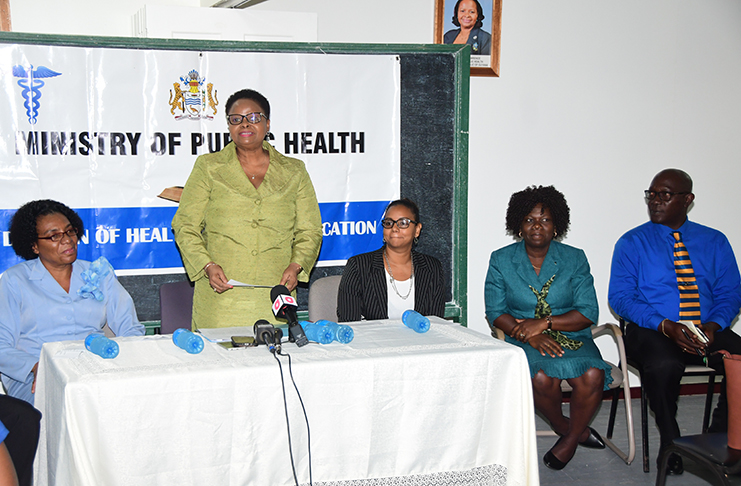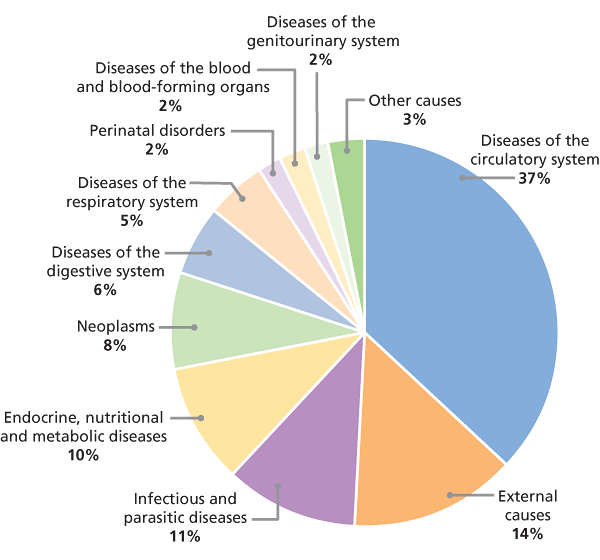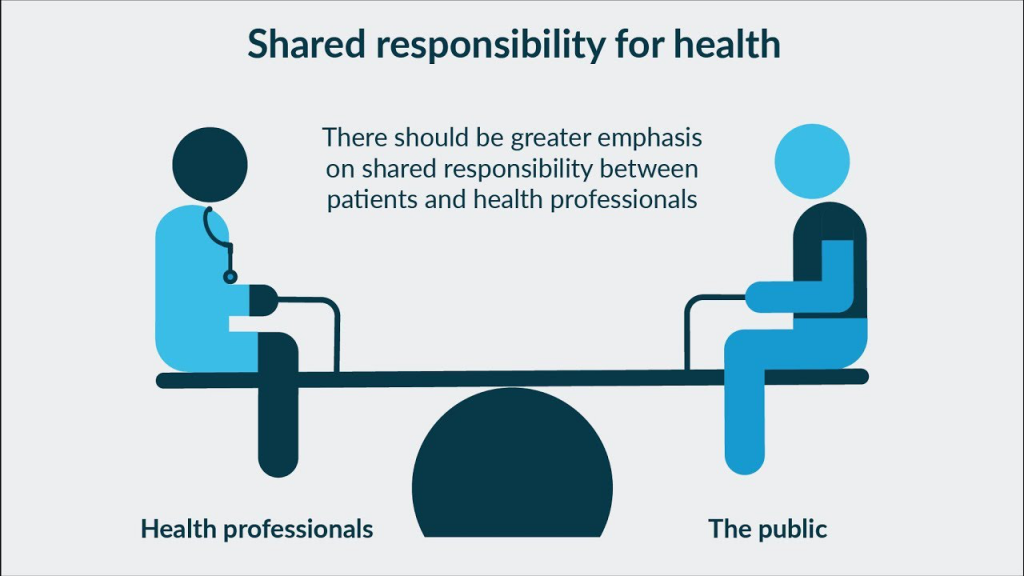When talking about a country, the common factors that help judge their current state of affairs and their predicted progress is the Gross Domestic Product (GDP), population increase, unemployment rate, etc. But one key factor that most people forget to mention is the countries healthcare scenario. The influence that healthcare has on a country’s growth and the economy is vital. Now, the issue and concern of Public Health come into play.
Public health is defined as the practice of preventing various infections or diseases and ensuring the overall health and wellness of communities. This is carried out by a team of well-qualified public health professionals through education, policies, treatment, and research. Public health is broadly classified into several categories ranging from lab research to policy formulation. You can make a highly successful career in public health, while also doing excellent service to your country and its thriving population.
Guyana: A Public Health Overview
The healthcare in Guyana has seen a significant improvement in the last decade with substantial increases in life expectancy, sanitation, environmental health, and the general health of the population. However, there are some challenges as well that need to be addressed.

“Texila American University met the Honorable Minister of Public Health – Ms. Volda Lawrence to discuss the future of Public Health education and the benefits that it would bring to the country. “
A subsequent research was done pertaining to Guyana’s Public Health Sector that revealed the following:
The primary challenge is the massive shortage of qualified healthcare professionals in the country. In Guyana, for the doctor to population ratio is 0.214/1000 compared to the WHO-recommended rate of 1/1000.
Non-communicable diseases are the primary cause of mortality in Guyana, along with significant contributions from social health issues like violence and injuries.
Although a significant reduction in infectious diseases is noticed, they still pose a considerable challenge. HIV, pneumonia, malaria, and tuberculosis are some diseases of substantial concern.

That said, the overall healthcare infrastructure in Guyana is definitely on the rise, with policies and support from various organizations. Talking about the treatment procedure in Guyana, it is divided into five different levels, as discussed below.
Level 1: 166 local health posts in the country that cure common diseases
Level 2: 109 health centers that provide rehabilitative and preventive care
Level 3: 19 district hospitals that consist of more than 450 beds each and have departments of gynecology and dental care
Level 4: 4 regional hospitals with more than 600 beds each, can provide diagnostic services and other specialized services in general medicine.
Level 5: One national referral hospital in Georgetown with more than 900 beds, provides specialist services along with psychiatric care and child rehabilitation.

This system is well-structured and promotes a smooth referral process, improving the overall public health in Guyana. However, the higher levels struggle because of the lack of medical specialists, technology, and other secondary and tertiary medical services.
The water supply and sanitation in Guyana have been a cause for concern in the past but have off-late witnessed significant improvements, especially in rural areas. As of now, more than 98% of the total population has access to water, with almost all of them having sanitation coverage.

Source: WHO/UNICEF Joint Monitoring Program (JMP) for Water Supply and Sanitation
The maternal mortality ratio in Guyana has improved to 229, which is within the WHO-approved range of 184 – 301.
The health situation of infants and small children has seen a significant improvement, with infant mortality rate oscillating at 32.4.
Environmental concerns like land, water, and air pollution pose a significant threat to public health as well.
Although some conditions pose a challenge, Guyana has shown improvement in the public health sector. With policies like Health Vision 2020, along with several programs like UNDP, UNAIDS, etc., a healthy Guyana can be envisioned.
Importance of Public Heath
Public health ensures that a country or community stays healthy, not only physically, but mentally and socially as well. But due to the current shortage of health professionals in Guyana, the country might have to wait for a few years to witness significant changes or improvements on the public health front.
Public Health Programs offered by Texila
Established in 2010, Texila American University (TAU) is one of the top private medical universities in Guyana, South America. We work with a vision to transform international education by offering world-class quality training in the fields of Public Health, Research, Business & Management, and all other possible areas.
Texila’s popular programs include Bachelor of Public Health, Master of Public Health, Bachelor of Business Administration, and Master of Business Administration. Our Public Health programs help students to solve complex health challenges and create a better environment for their community.
Thus, pursuing a degree in Public Health or Business Administration from Texila is a perfect opportunity for the interested and enthusiastic Guyanese youngsters to build a successful career. Subsequently, this also lets these youngsters to be the solution for the Nation’s ever-increasing shortage of Health Professionals.



